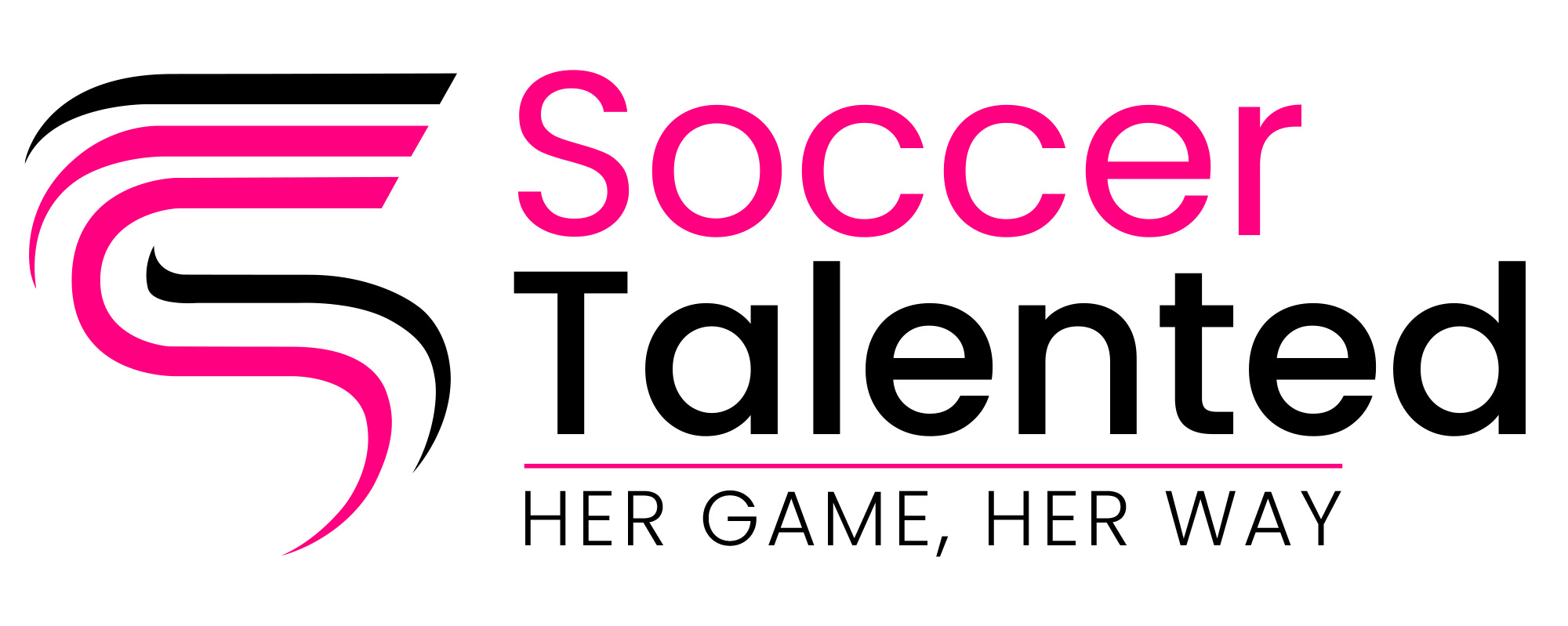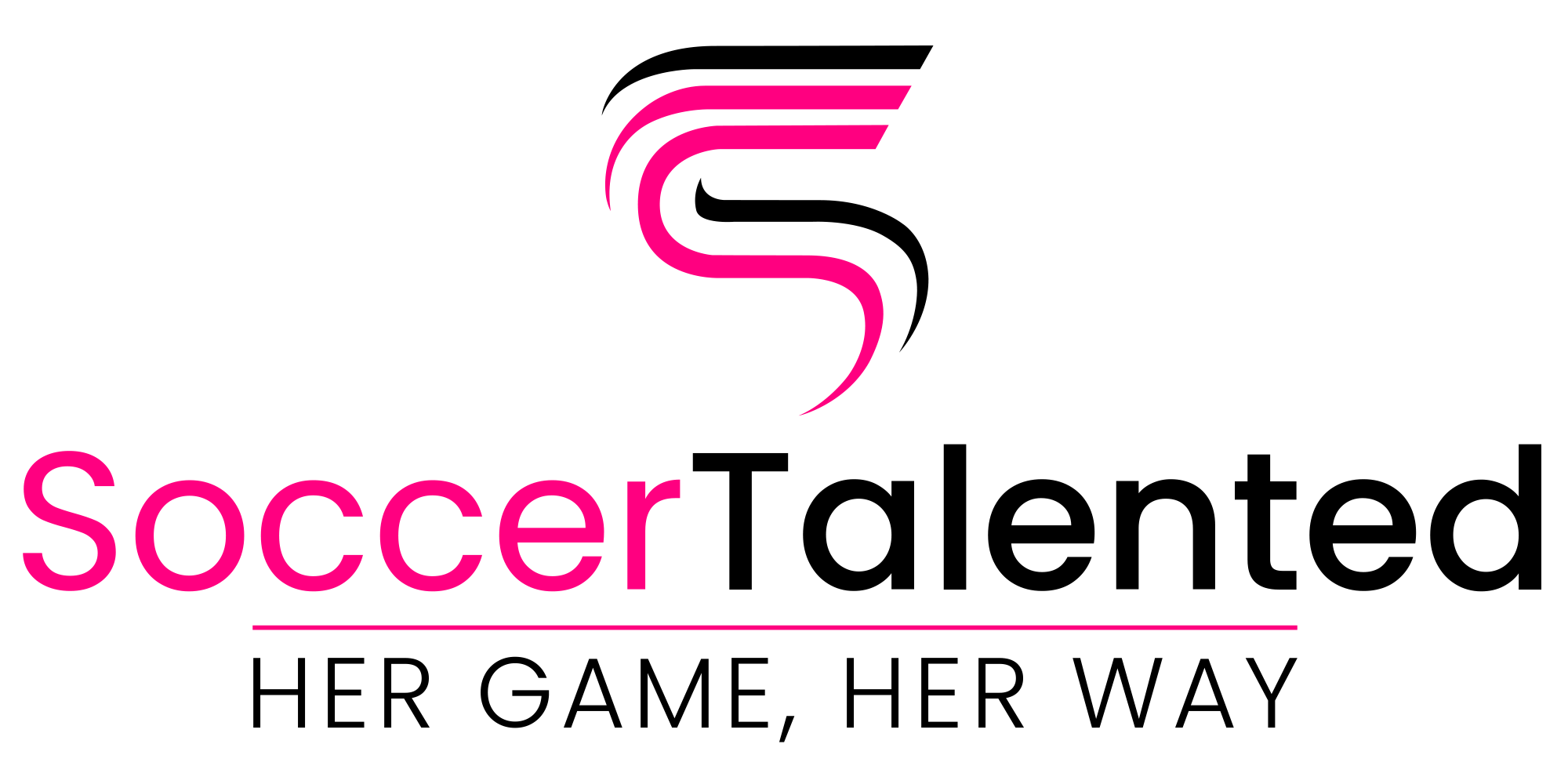Name, Image, Likeness (NIL): high School to College
What High School Athletes Should Know About NCAA's NIL Rules

Understanding Name, Image & Likeness
What High School Athletes
Need to Know
The new NIL rules are a big change in college sports. High school athletes should know these rules and how they could affect their future in sports. There are benefits to NIL rights, but also risks and challenges to consider. Stay informed and make smart decisions to protect your future.
Background
NCAA rules prevented college athletes from earning money from their name, image or likeness. Lawsuits led to changes in 2019, allowing athletes to profit from NIL rights. Updated guidelines were released in July 2021 to clarify how athletes can benefit.
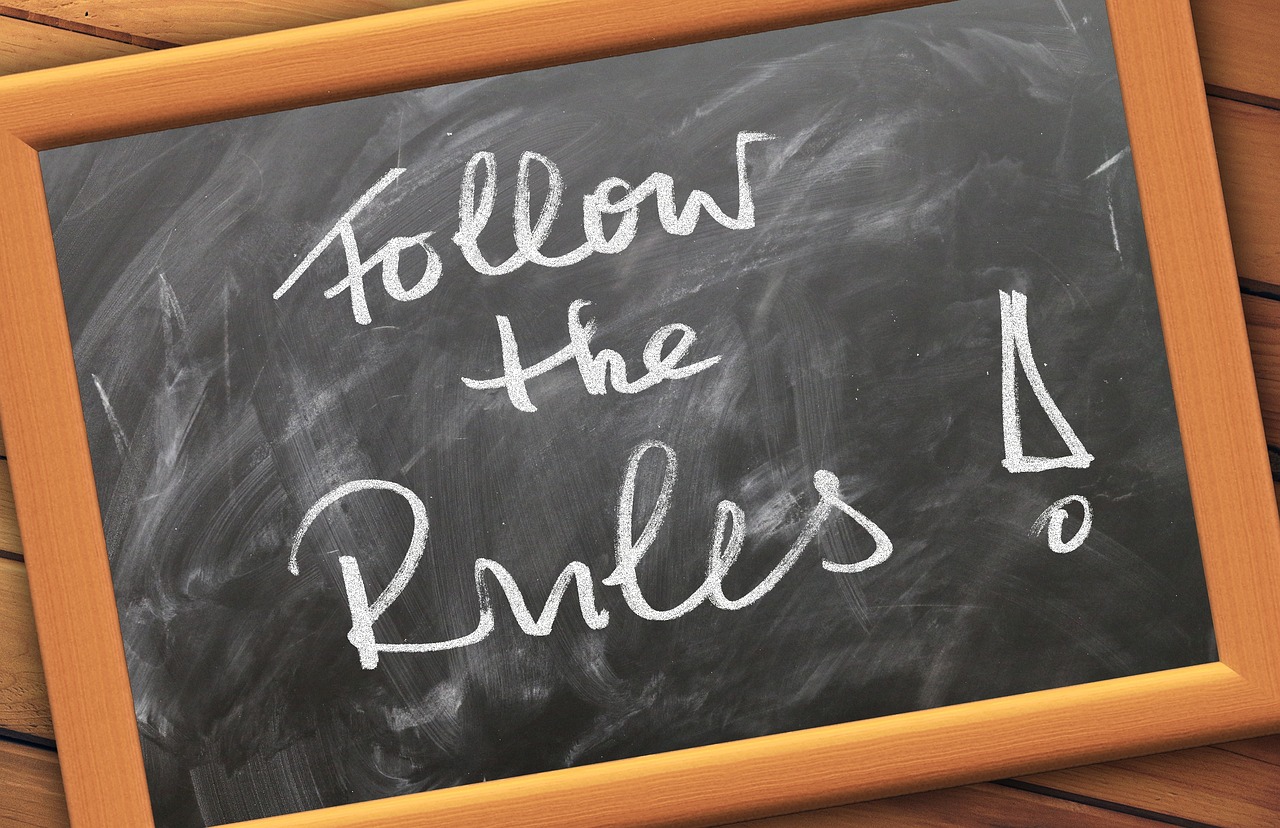
NCAA Guidelines
The NCAA has new guidelines affecting endorsement deals for student-athletes. Athletes must disclose endorsements to their schools, logos are banned, and fair pay emphasized. It’s crucial that high school athletes stay informed to make informed decisions and navigate the complex landscape of college athletics. Be prepared for opportunities and challenges ahead!
Features
College athletes can now earn money from endorsements, merchandise, and social media without risking their eligibility. School logos and athletic performance payments are still banned.
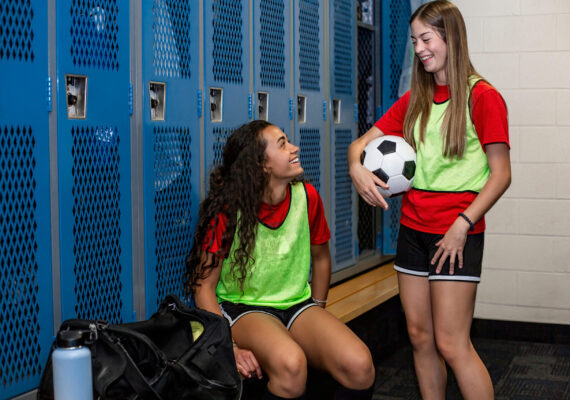
Pros and Cons
Athletes in college can now manage their finances by profiting off their name, image, and likeness (NIL). There is a possibility of exploitation, which has made it crucial for advocacy groups and policymakers to step in and safeguard their interests.
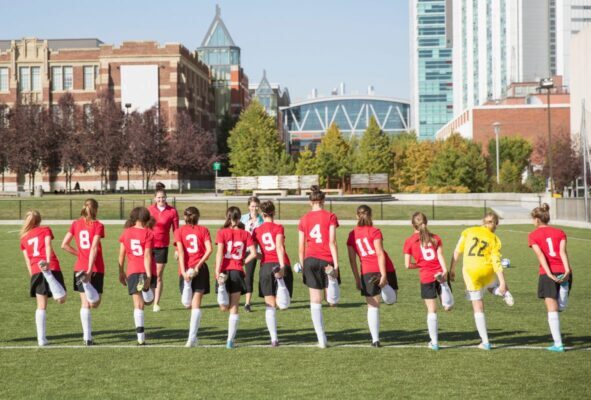
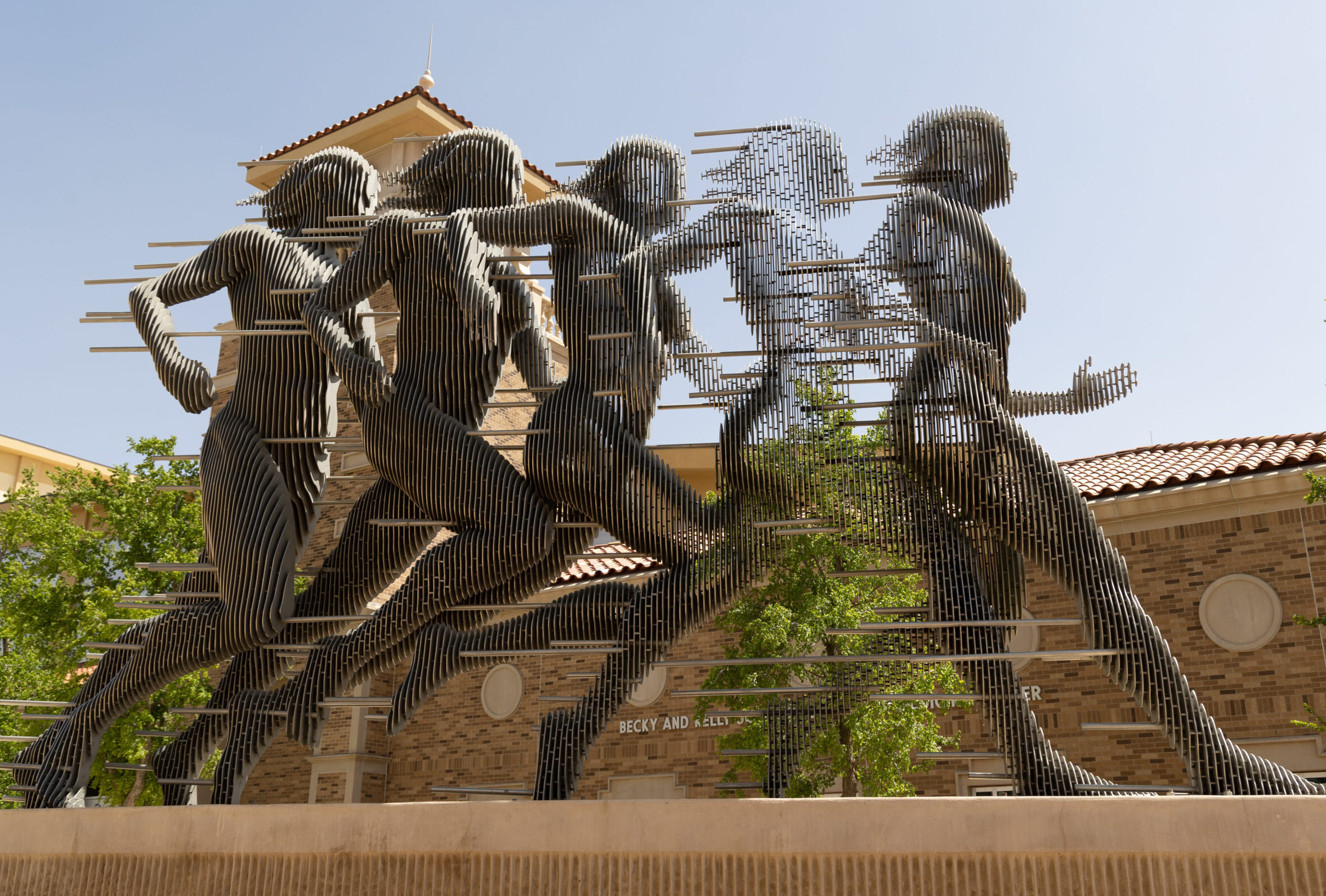
Statue of female athletes on the campus
of Texas Tech University, Lubbock, TX - By James
More Valuable Information on NCSA's College Recruiting Website
“Female athletes can visit the NCSA college recruiting website for info on the NCAA’s new Name, Image, and Likeness policy.”
The policy, approved on June 30, 2021, allows all NCAA D1, D2, and D3 student-athletes to be compensated for their NIL, regardless of their state’s NIL law.
However, student-athletes should be aware of state, college/university, and conference-specific rules that may still apply.
College athletes can take advantage of NIL opportunities, but high school athletes should be careful as it may affect their eligibility. To learn more about NIL guidelines for female soccer players, click the NCSA link.
To learn more about NIL guidelines for female soccer players, click the NCSA link below:

